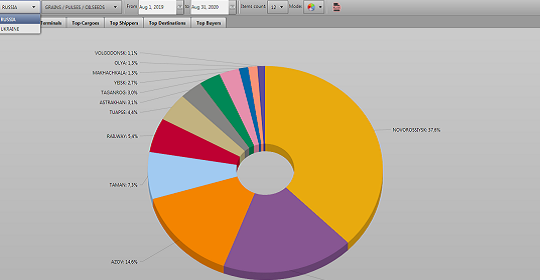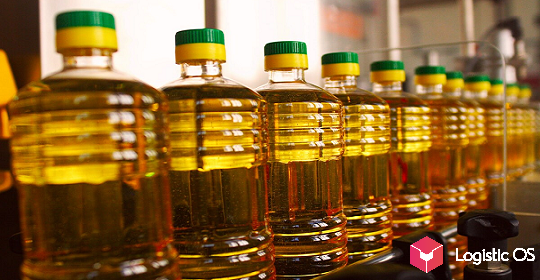Many experts estimate the grain harvest in France this year as catastrophic, and the forecasts are rapidly deteriorating.
French farmers are facing a real threat of harvesting the worst crop in 7-10 years.
At the moment, the condition of soft wheat is even worse than in 2020, when it rained heavily almost all summer.
This makes it very likely that the anti-record of 2016 will be repeated: then France harvested the smallest crop since the 1980s.
At the same time, France is the main grain exporter in the European Union, so such dismal results for French farmers can significantly affect the economy of the entire bloc, experts believe.
What are the negative expectations for the harvest related to?
First of all, the problem was a very rainy spring.
During it, more precipitation fell this year than during any other spring in the history of the country. The amount of precipitation exceeded the 10-year average by 45%, analysts note.
There were almost no sunny days, which significantly delayed sowing and crop development. In some places, precipitation caused landslides and floods, which also did not benefit the fields.
Finally, in the summer, rain was also mainly observed in France, which led to serious delays in harvesting.
As of July 29, the French portal FranceAgriMer reported that about 67% of soft wheat had been harvested. This is significantly less than a year ago on the same date — 86%.
What could be the final harvest in France?
The General Association of Wheat Producers in France (AGPB) expects a decrease of at least 15% compared to last year.
However, this is a positive scenario; in a negative scenario, the harvest will fall by 28%, taking into account not only the quantity of grain, but also its quality.
As a result, France may produce no more than 26 million tons of grain, which will be the worst indicator in the last 10 years.
As for the grain quality, it is a matter of great concern. In particular, producers are worried about the low protein content in the grain, as well as its low density.
As a result, there is a risk that no more than 65% of the harvest will meet the parameters of milling wheat, and this is not the worst option.
In this case, the country will have only 16.9 million tons of milling wheat, which is very close to the worst year of 2016 — 16.1 million tons.
Based on this, France risks seriously reducing its wheat exports.
Local farmers are already calling on the government to provide them with as many subsidies and benefits as possible to help them stay afloat.

